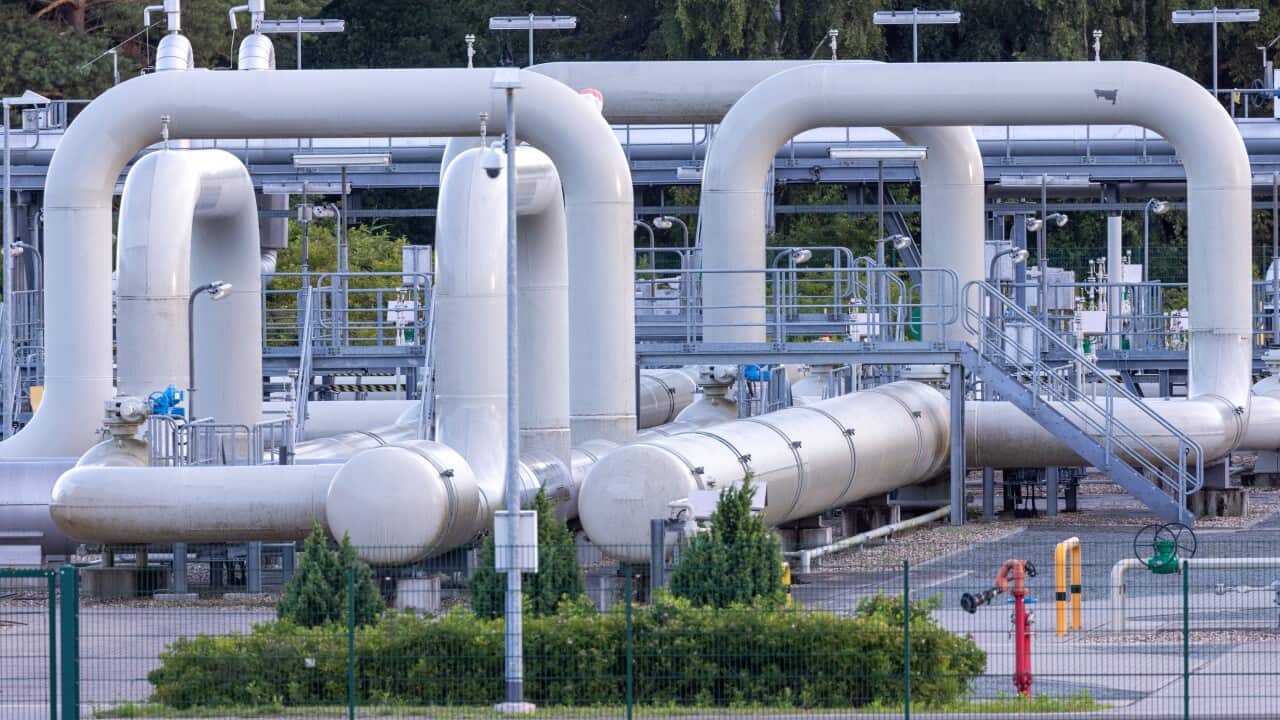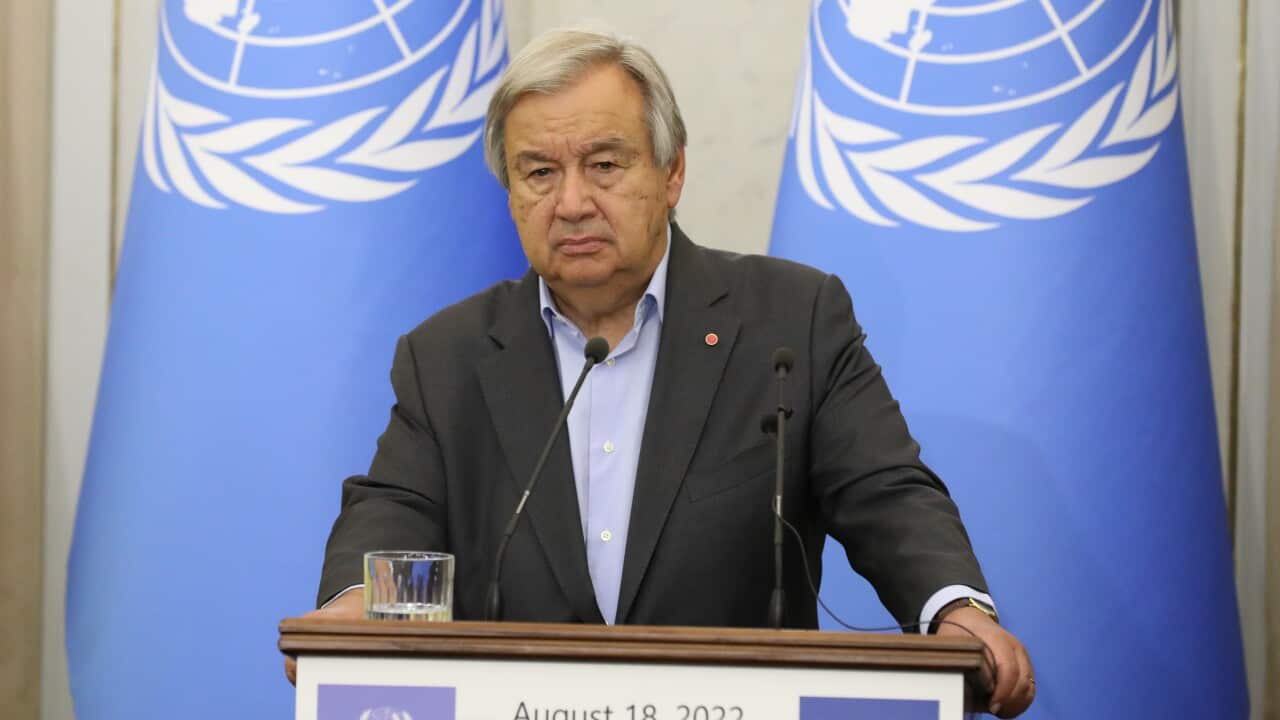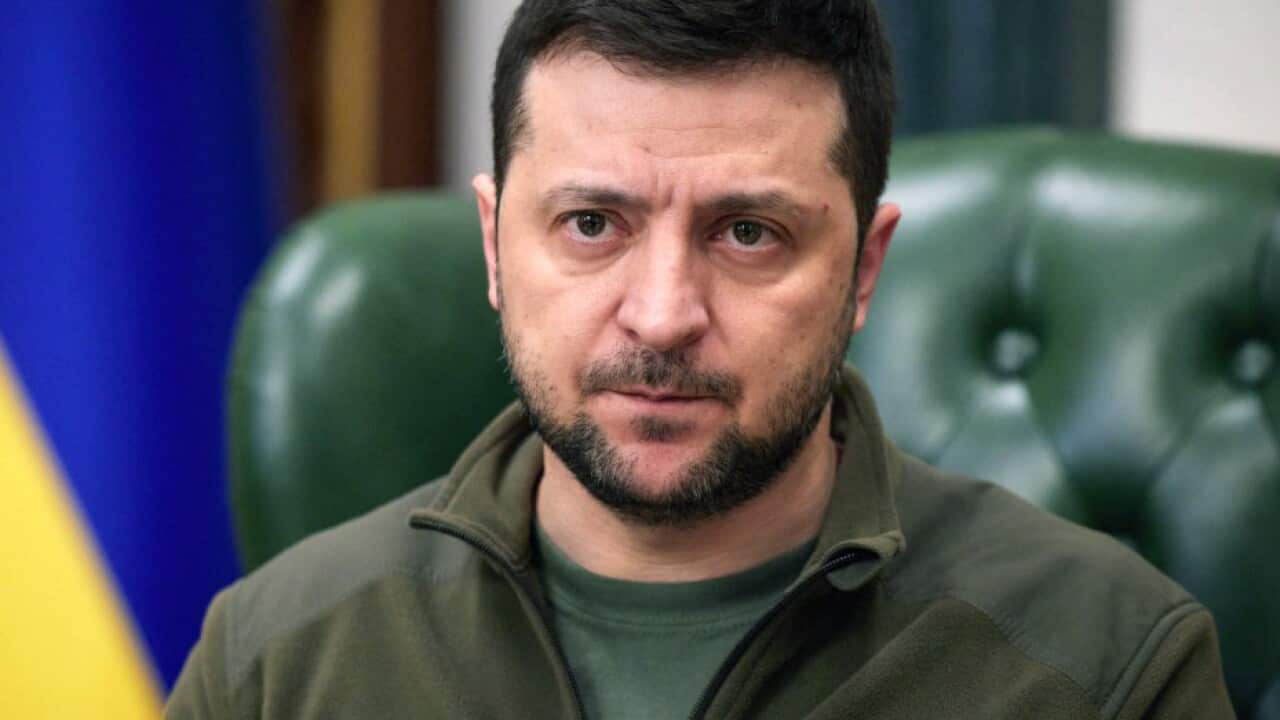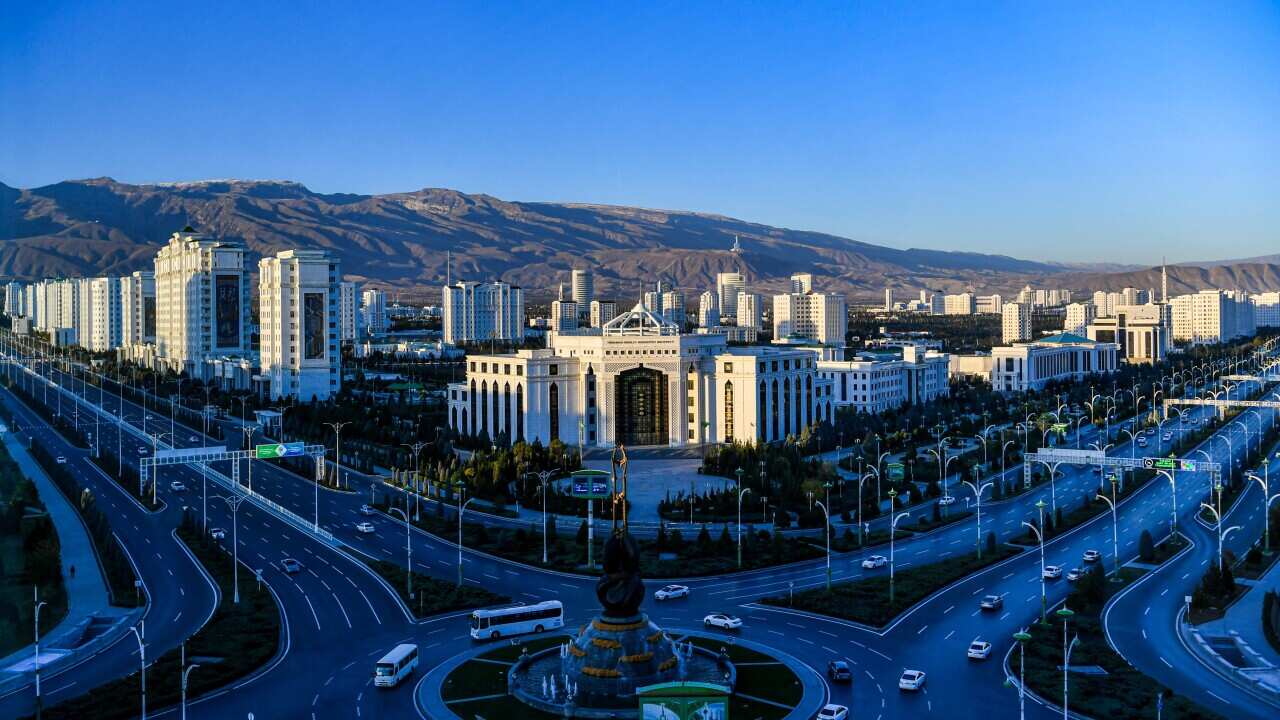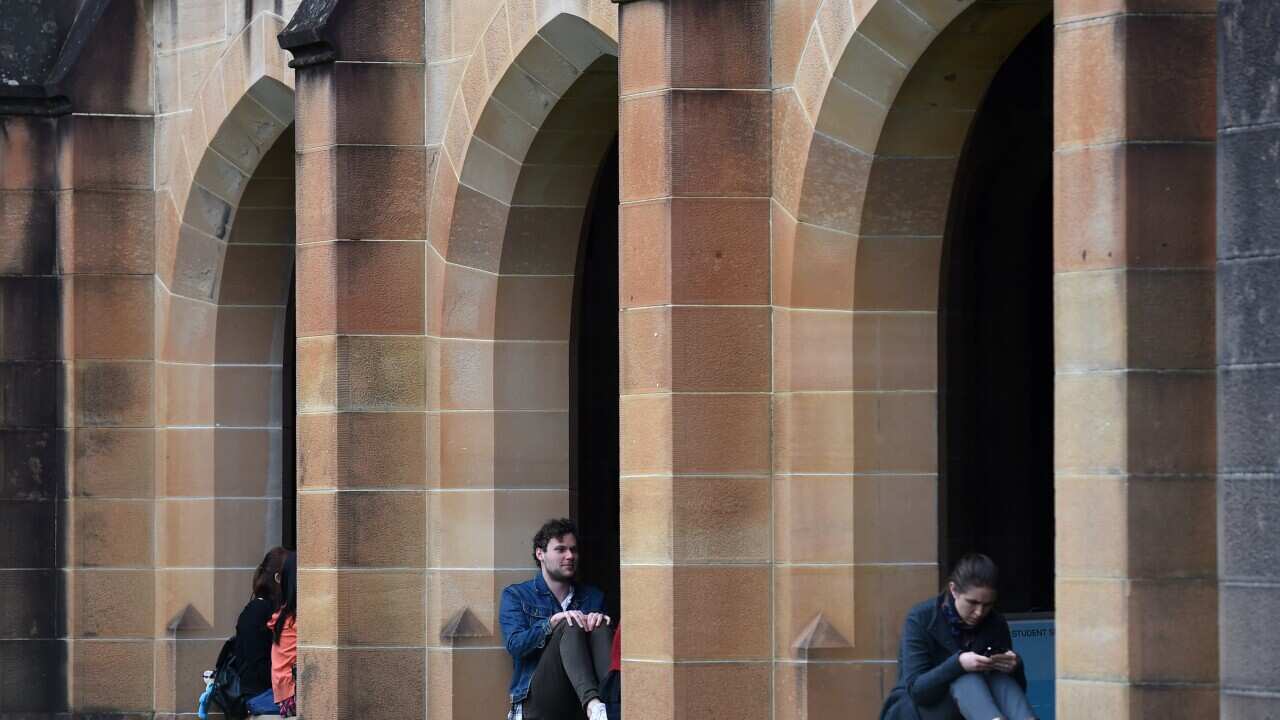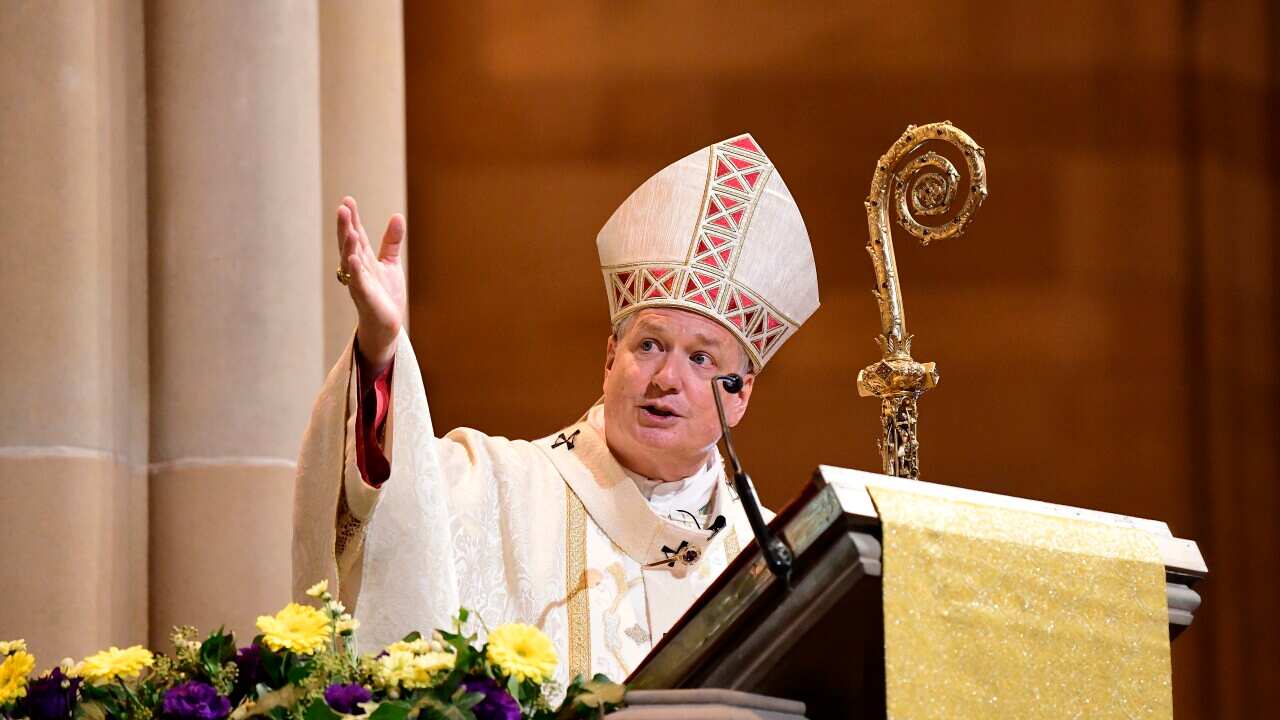Russia will halt natural gas supplies to Europe for three days at the end of the month via its main pipeline into the region, state energy giant Gazprom said on Friday, piling pressure on the region as it seeks to refuel ahead of winter.
The unscheduled maintenance order on the Nord Stream 1 pipeline, which runs under the Baltic Sea to Germany, deepens an energy standoff between Moscow and Brussels which has already helped send inflation surging in the region and raised the risk of rationing and recession.
Gazprom said the three-day shutdown was because the pipeline's only remaining gas compressor requires maintenance, yet the move will bring further disruption, particularly for Germany, which depends largely on deliveries from Moscow to power its industry.
"We are monitoring the situation closely with the Federal Network Agency," a spokesperson for Germany's economy ministry said.
The shutdown, to run from 31 August-2 September, follows a 10-day scheduled annual maintenance that took place in July and raised fears over whether Russia would resume supplies, which have been reduced since mid-June.
Germany has already had to give Uniper - its largest importer of Russian gas and the highest-profile corporate victim of Europe's energy crisis so far - a US$15.1 billion ($22 billion) bailout after Russia drastically cut flows, forcing it to buy gas elsewhere at much higher prices.
The broader German economic impact was highlighted in producer price data on Friday, which in July saw their highest ever increases, both year-on-year and month-on-month, as energy costs skyrocket.
The Nord Stream pipeline had already been running at just a fifth of its capacity, stoking fears that Russia could halt flows completely heading into the winter heating season and make it more difficult to fill up storage facilities.
Before Gazprom announced the shutdown, gas prices in Europe remained close to five-month highs, while US gas prices reversed course and were up 1.2 per cent after the news.
German dependence
Germany has made targeted efforts to fill up its storage facilities to prepare for winter, with levels standing at 78.19 per cent as of 17 August, slightly more than the 75.89 per cent for the European Union as a whole.
After maintenance is complete and "in the absence of technical malfunctions", flows of 33 million cubic metres (mcm) a day - in line with current volumes - will resume, Gazprom said.
This would still be just 20 per cent of Nord Stream's full capacity of 167 mcm daily. Gazprom said maintenance work at the remaining Trent 60 gas compressor station would be carried out together with Siemens Energy.
The Russian group has previously blamed faulty or delayed equipment for lower flows. Germany says this is a pretext to hurt its economy. Siemens, which is in charge of maintaining the Nord Stream 1 turbines, declined to comment.
Vladimir Putin allows inspectors to visit nuclear plant via Ukraine
Meanwhile, Russian President Vladimir Putin has agreed for a team of independent inspectors to travel to the Moscow-occupied Zaporizhzhia nuclear plant via Ukraine, the French presidency said on Friday.
The apparent resolution of a dispute over whether inspectors travel to the plant via Ukraine or Russia came as a senior US defence official said Ukraine's forces had brought the Russian advance to a halt.
"You are seeing a complete and total lack of progress by the Russians on the battlefield," the official said, speaking to reporters on grounds of anonymity.
According to French President Emmanuel Macron's office, Mr Putin had "reconsidered the demand" that the International Atomic Energy Agency travel through Russia to the site, after the Russian leader himself warned fighting there could bring about a "catastrophe".
It specified that Mr Putin had dropped his demand that the IAEA team travel to the site via Russia, saying it could arrive via Ukraine.
The UN nuclear watchdog's chief, Rafael Grossi, "welcomed recent statements indicating that both Ukraine and Russia supported the IAEA's aim to send a mission to" the Zaporizhzhia nuclear plant.
The agency was "in active consultations with all parties" towards sending one as soon as possible, Mr Grossi said.
Meanwhile, UN chief Antonio Guterres urged Moscow's forces occupying the Zaporizhzhia plant in south Ukraine not to disconnect the facility from the grid and potentially cut supplies to millions of Ukrainians.
A flare-up in fighting around the Russian-controlled nuclear power station — with both sides blaming each other for attacks — has raised the spectre of a disaster worse than in Chernobyl.
The Kremlin said earlier that Putin and Macron agreed that the IAEA should carry out inspections "as soon as possible" to "assess the real situation on the ground".
Mr Putin also "stressed that the systematic shelling by the Ukrainian military of the territory of the Zaporizhzhia nuclear power plant creates the danger of a large-scale catastrophe", the Kremlin added.
The warning came just a day after Turkish leader Recep Tayyip Erdogan and Guterres, meeting in the western Ukrainian city of Lviv, sounded the alarm over the intensified fighting, and Ukrainian President Volodymyr Zelenskyy urged the United Nations to secure the site.
The Turkish leader said: "We are worried. We do not want another Chernobyl," referring to the 1986 nuclear disaster, while Mr Guterres cautioned that any damage to the plant would be akin to "suicide".
'Man-made disaster'
During his visit to the southern port of Odessa on Friday, the UN secretary-general said: "Obviously, the electricity from Zaporizhzhia is Ukrainian electricity. This principle must be fully respected".
"Naturally, its energy must be used by the Ukrainian people," he said.
His remarks came after Ukrainian energy operator Energoatom alleged that Russian troops were planning to "shut off the reactors" at Zaporizhzhia, which is capable of supplying four million homes.
On Thursday, Moscow said Kyiv was preparing a "provocation" at the site that would see Russia "accused of creating a man-made disaster at the plant".
Kyiv, however, insisted that Moscow was planning the provocation and said Russia's occupying forces had ordered most staff to stay home Friday and drawn down officials from Russia's own state nuclear agency.
